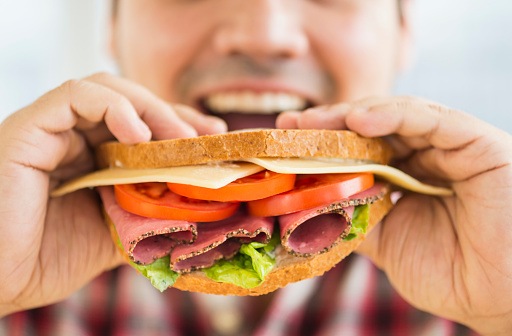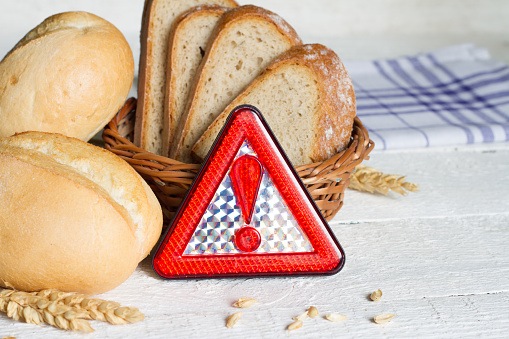
The findings of a new study suggest that people with obesity get more satisfaction out of eating than people who are normal weight or overweight. The results were published in the Journal of the Academy of Nutrition and Dietetics.
“Obesity is a major public-health problem,” said lead investigator Linnea A. Polgreen, PhD, Department of Pharmacy Practice and Science, University of Iowa, Iowa City, IA, USA in a press release about the study. “Thirty percent of the US population is obese, and obesity-related health problems are increasing. Causes of obesity are varied, but food consumption decisions play an important role, especially decisions about what foods to eat and how much to consume. Taste perceptions may lead to overeating. If people with obesity have different taste perceptions than nonobese people, it could lead to better understanding of obesity and possibly designing new approaches to prevent obesity.”
In this randomized controlled trial, researchers analyzed data on 290 adults, of which 161 had a BMI that was considered normal (<25), while 78 were considered overweight (≥25 and <30), and 51 had a BMI considered as obese (≥30). Subsequently, the study subjects, half of whom (n=150) were randomly chosen to receive nutritional information, were provided with samples of chocolate, one at a time, and prompted to continue eating until they felt full. Following the consumption of each piece of chocolate, the participants were given a questionnaire to complete. The primary outcome in this study was perceived taste of each piece of chocolate, which the researchers measured using time-series-regression while controlling for participant characteristics.
Individuals with #obesity get more satisfaction from their food https://t.co/0DKe5HCNdM
— Medical Xpress (@medical_xpress) July 30, 2019
Do These Results Explain Obesity?
The results of the study showed that the subjects ate between two and 51 pieces of chocolate, and about 12 on average, with taste perception declining after each piece. Although the researchers found no discernible differences in taste perception between participants in the normal-and overweight categories, obese participants had higher levels of initial taste perception (P=0.02). Moreover, obese subjects took longer to lose their taste perceptions juxtaposed to normal-and overweight individuals. The researchers also found that self-reported hunger prior to the study affected taste perceptions but providing nutritional information did not.
“In our study population, people with obesity reported a higher level of satisfaction for each additional piece of chocolate compared to nonobese people. Thus, their taste preferences appear markedly different,” stated co-investigator Aaron C. Miller, PhD, Department of Epidemiology, University of Iowa, Iowa City, IA, USA.
“Our findings further indicate that obese participants needed to consume a greater quantity of chocolate than nonobese participants to experience a similar decline in taste perceptions. Specifically, obese women needed to eat 12.5 pieces of chocolate to fall to the same level of taste perception as nonobese women who ate only 10 pieces, which corresponds to a difference of 67.5 calories. This may, in part, explain why obese people consume more than nonobese people.”
Individuals with obesity get more satisfaction from their food https://t.co/TpTaZUr49u pic.twitter.com/1j6WYXRUDV
— ScienceBlog.com (@ScienceBlogTwit) July 30, 2019
It turns out individuals with obesity DO get more satisfaction from their food: https://t.co/rP8eO65Sgw Find out more in @eatright's and @Els_Nutrition's Journal of the Academy of #Nutrition and #Dietetics#research #nutrition #eatinghabits pic.twitter.com/N8Itt9SQxe
— Elsevier News (@ElsevierNews) July 31, 2019
Source: Journal of the Academy of Nutrition and Dietetics, EurekAlert






 © 2025 Mashup Media, LLC, a Formedics Property. All Rights Reserved.
© 2025 Mashup Media, LLC, a Formedics Property. All Rights Reserved.